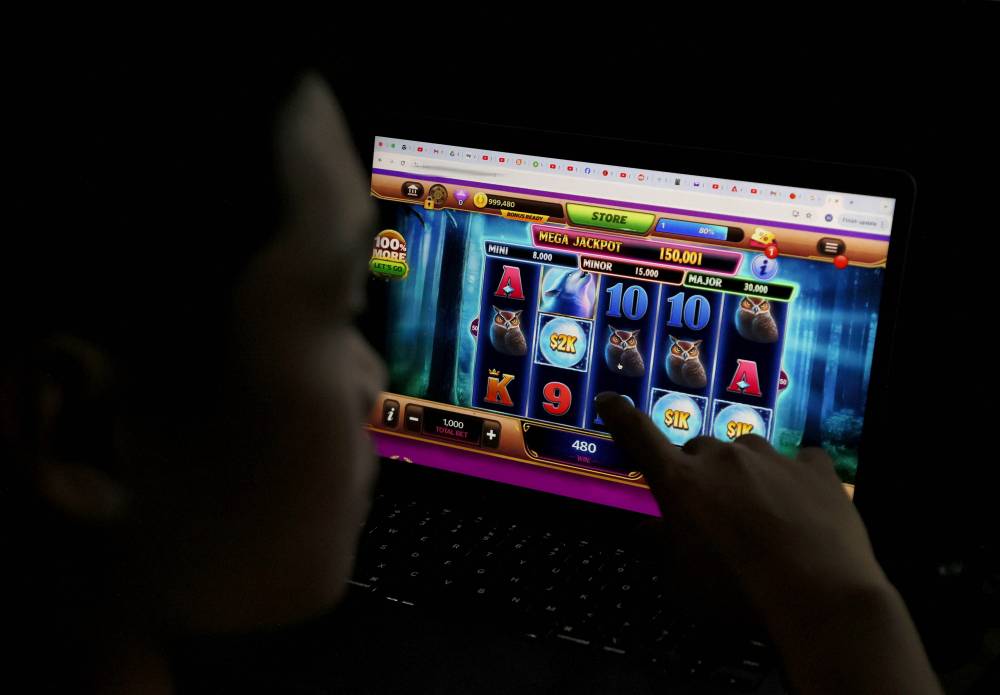Holistic, multi-pronged solutions sought versus PH gambling woes

As legislators mull a nationwide ban on online gambling, experts in gaming and economics seek more holistic and multi-pronged approaches to address the nation’s woes and fears.
“An outright ban … is more likely to create a host of new problems,” said Tonet Quiogue in her position paper, “Outright Ban vs Smart Regulation: A Legal Perspective on Online Gambling in the Philippines.”
She is a lawyer, and the CEO and founder of Arden Consult, a boutique advisory firm specializing in gaming, technology and regulatory strategy in the Philippines.
Quiogue’s paper, released on July 7, came after several legislators proposed the prohibition of online gambling, an agenda that arose after various controversies: the termination of Philippine offshore gaming operators (POGOs), the missing persons linked to e-sabong and the discussion about gambling addiction.
“Government intervention is both necessary and expected,” said Jefferson Arapoc in an e-mail interview with Inquirer. He teaches Economics at the University of the Philippines Los Baños. He is also the cofounder and managing editor of podcast, “Usapang Econ.”
He said that, while gaming has evolved overtime, the worries over risks like debt and addiction, family breakdown and even criminality have been constant.
Quiogue said that bills banning online gambling failed to recognize unlicensed gambling and problem gambling as the “real enemy,” where criminal activity has occurred.“….[T]he impulse to ban [online gaming] outright is often driven by commendable intentions – protecting the young, shielding society from addiction and crime, upholding moral values. However …. good intentions do not automatically make good law.”
“…[R]egulating gambling is particularly tricky because you must consider both the supply and demand sides of the market,” said Arapoc. He recognized that digital gambling platforms made policymaking even more complex.
When the industry is pushed into the black market, he said, games may thrive unregulated and punters may have no mechanism for redress.
Quiogue added that a ban would lead to immense economic losses. She said the regulated and tax-paying Philippine inland gaming operators (PIGOs) now accounted for over 55 percent of online activity, and that e-games earned P51.39 billion in Q1 2025, per Philippine Amusement and Gaming Corp. (PAGCOR).
Proposed bills turned bettors into criminals, overwhelming courts and turning away rehabilitation seekers, said Quiogue. They also bore unenforceable mandates, provisions that endangered privacy and slowed down prosecution.
Holistic way forward
Arapoc was not closing his doors to bans, but hoped the approach would be part of a “holistic policy approach that addresses both the drivers and consequences of gambling.”
“This includes recognizing gambling addiction as a public health issue,” he explained. “Strengthening information campaigns and offering accessible rehabilitation programs are essential.“
Quiogue, for her part, said total bans have proven ineffective in many parts of the world, like China, Indonesia and Vietnam. Instead, she advocated a combination of stricter regulations for companies and even influencers promoting gambling, stronger mandates for PAGCOR and law-enforcement agencies, and the creation of a Public Education and Rehabilitation Fund, among others.
“It is far wiser to target the true problems … with precision tools rather than wield a sledgehammer that misses the target and breaks the surrounding structure,” she said.

















